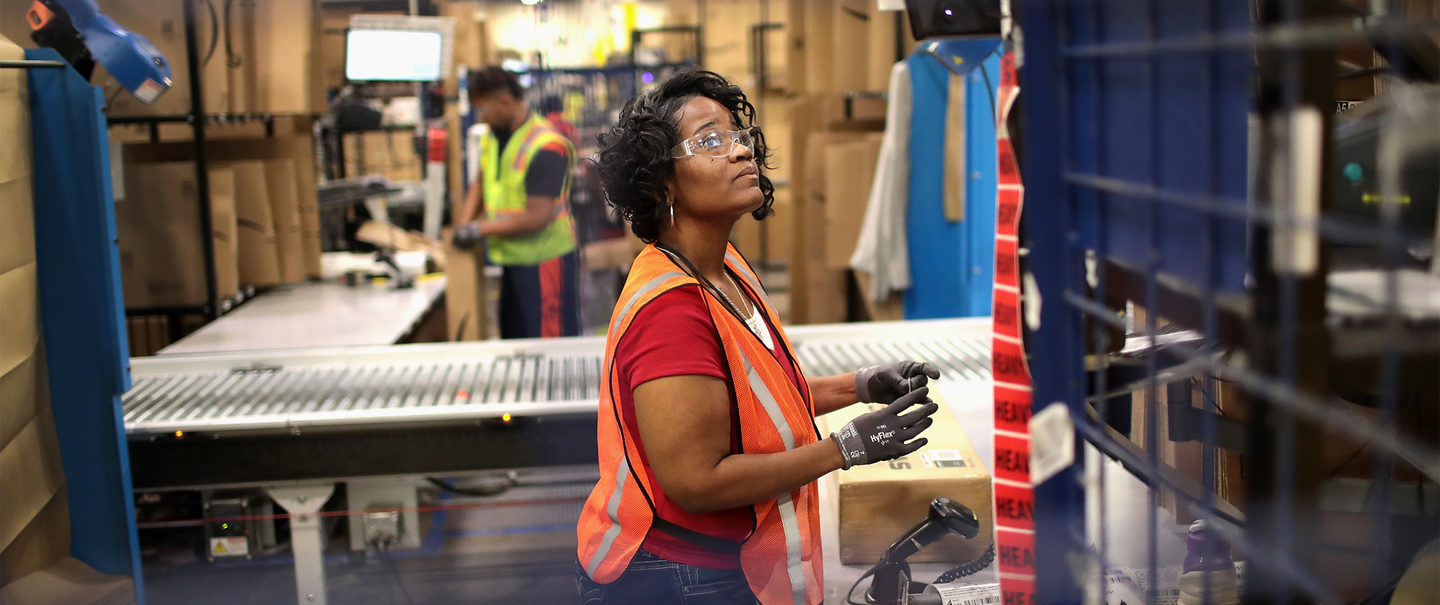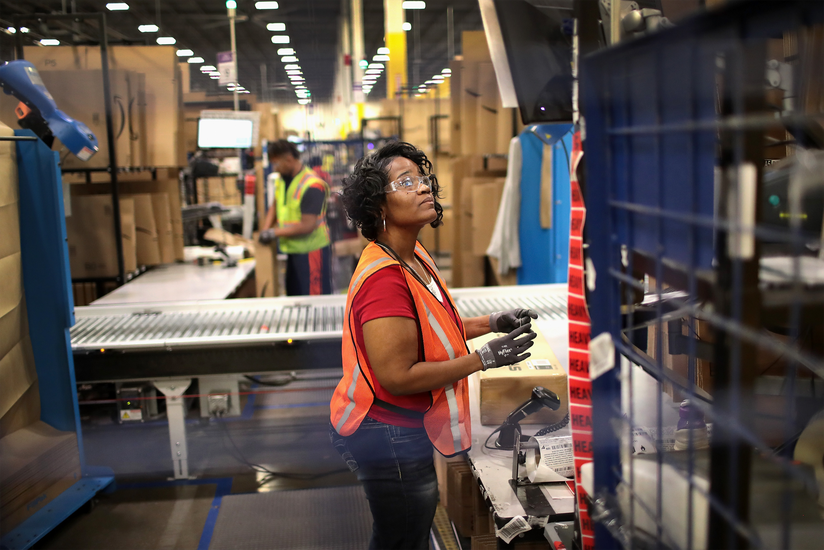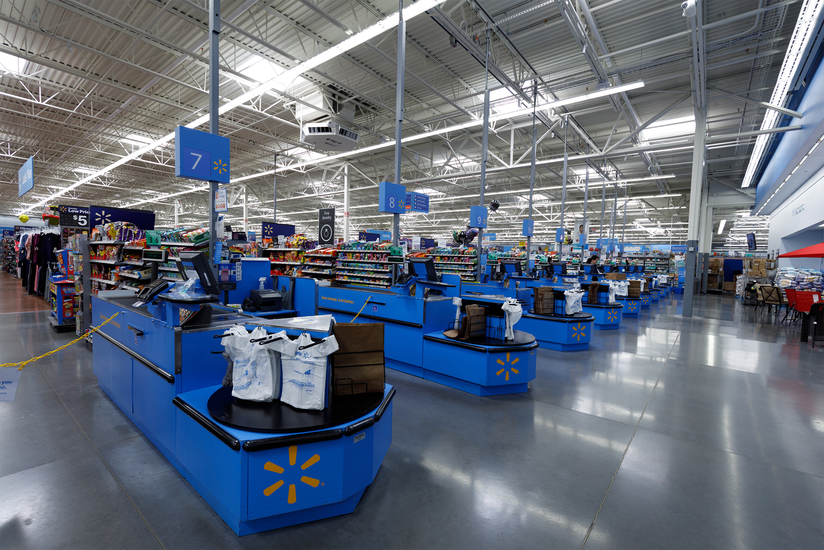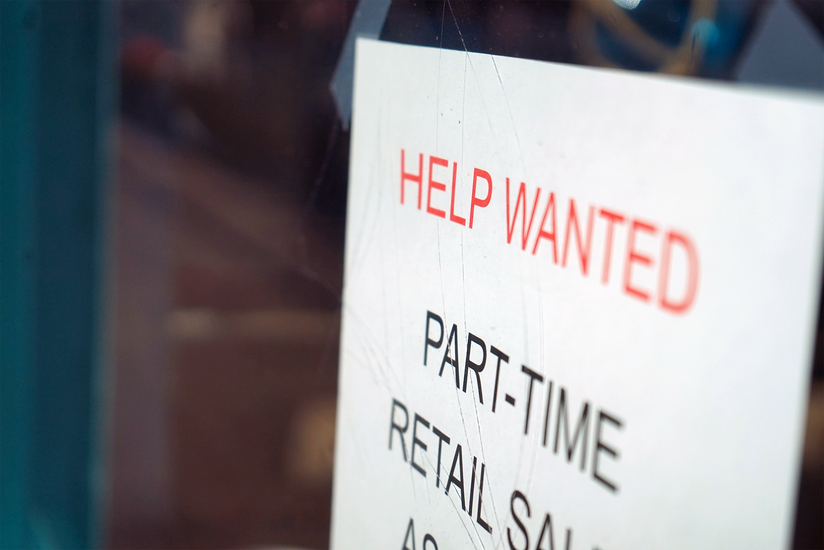Uncharted Employment Territory
No one really knows the extent to which the coronavirus pandemic will affect the nation's economy or when the recession that it triggered will end. Steven Mnuchin, the U.S. treasury secretary, says it could be over by year's end. Others, such as the economists at the UCLA Anderson Forecast, say it could drag on until 2023. What is certain, health officials say, is that the virus remains a threat — and will continue to affect the labor market for the foreseeable future. Statistics kept by the federal government and by employers suggest some kinds of jobs may be more recession-proof than others. Also promising: Some companies are aggressively hiring to cope with a surge in demand as consumers' buying habits have changed during the pandemic.





























